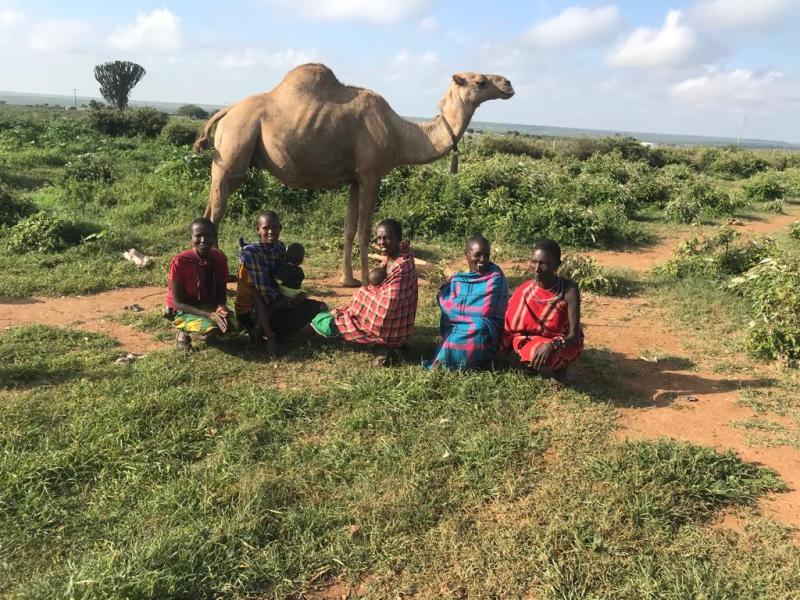Behavioural and norms-responsive animal health systems for pastoralists in Ethiopia and Kenya
SPARC partnered with MarketShare Associates to conduct a field-based study on gender-inclusive animal health services (AHS) delivery in pastoral communities across Ethiopia and Kenya.

Millions of people in marginalised regions depend on pastoralism for their livelihoods, yet they face mounting threats from conflict and climate change. Limited access to animal health services (AHS) and low demand for care have led to higher livestock mortality and reduced productivity—putting entire communities at risk.
Strengthening AHS delivery is crucial, but real progress requires a comprehensive understanding of the behavioural, social, and gender dynamics that shape these systems. Despite pastoralist women playing a central role in livestock management, their influence remains largely overlooked.
This field-based study focuses on four pastoral communities: Oromia and Somali regions in Ethiopia, and Isiolo and Samburu in Kenya. The research explores innovative ways to improve access and the use of AHS in the face of growing challenges.
Using a qualitative approach that combines a literature review with primary data collection methods (including key informant interviews, in-depth interviews, and focus group discussions), data was gathered from pastoral community members, AHS professionals, relevant government officials, and other stakeholders at the community, regional, and national/federal levels in Ethiopia and Kenya.
Findings include:
- In both Ethiopia and Kenya, AHS are often inaccessible, under-resourced, or costly, leading pastoralists to rely on self-treatment and ethnoveterinary practices.
- Women, especially those heading households or when male partners are unavailable, actively manage AHS but face disproportionate barriers such as time burden, mobility constraints, insufficient animal health knowledge, and financial limitations.
- Gender norms further restrict women’s decision-making and access to male-dominated AHS providers, though evolving roles due to climate change are reshaping responsibilities.
Policy recommendations include:
- Expanding last-mile delivery through public-private partnerships (PPPs) and community-based models like Community Animal Health Workers (CAHWs) can improve reach and affordability.
- Increasing women’s participation in AHS provision, leveraging digital tools, and introducing mediated consultations can further enhance accessibility.
- Strengthening PPPs - whether in Ethiopia’s public-driven system or Kenya’s private-sector model - is key to building a sustainable, inclusive animal health ecosystem.